When college professor, Peter Proud begins experiencing flashbacks of an earlier life, he’s mysteriously drawn to a place he’s never been to, but which seems familiar and where he soon […]
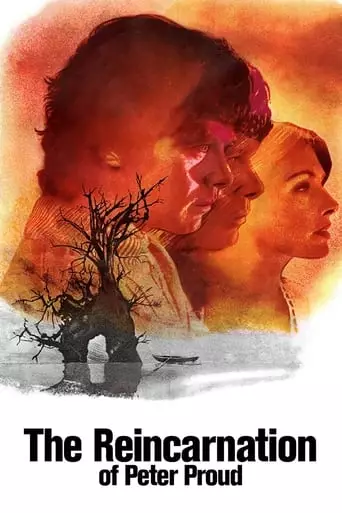
When college professor, Peter Proud begins experiencing flashbacks of an earlier life, he’s mysteriously drawn to a place he’s never been to, but which seems familiar and where he soon […]
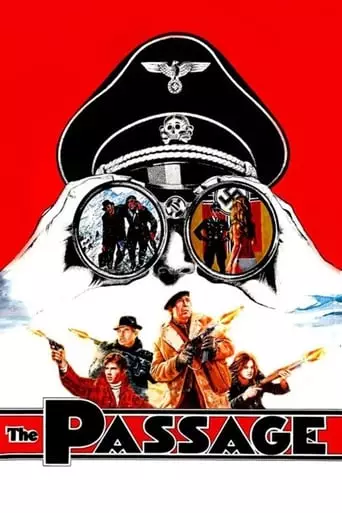
During WW 2, a Basque shepherd is approached by the underground, who wants him to lead a scientist and his family across the Pyrenees. While being pursued by a sadistic […]
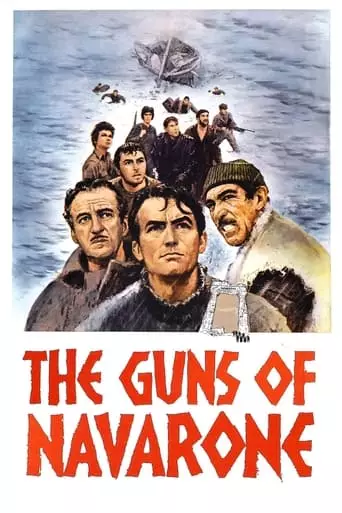
A team of allied saboteurs are assigned an impossible mission: infiltrate an impregnable Nazi-held island and destroy the two enormous long-range field guns that prevent the rescue of 2, 000 […]
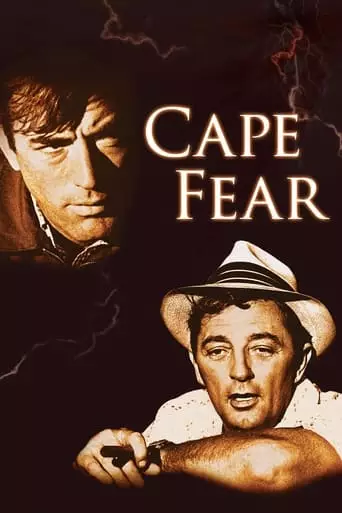
Sam Bowden witnesses a rape committed by Max Cady and testifies against him. When released after 8 years in prison, Cady begins stalking Bowden and his family but is always […]
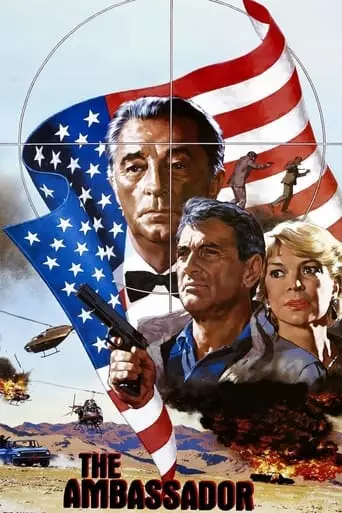
An American ambassador to Israel tries to bring peace to the Middle East conflict through unconventional methods, but his efforts are hampered at every turn and his personal life threatened. […]
J. Lee Thompson: A Versatile Craftsman of British and Hollywood Cinema
J. Lee Thompson was a British filmmaker whose career spanned over four decades, encompassing a wide range of genres, from war epics and psychological thrillers to action-packed adventures. Renowned for his ability to create suspenseful narratives and dynamic action sequences, Thompson directed several iconic films, including The Guns of Navarone (1961) and Cape Fear (1962). His work in both British and American cinema solidified his reputation as a versatile and accomplished director.
Early Life and Career Beginnings
John Lee Thompson was born on August 1, 1914, in Bristol, England. He began his career in the arts as a playwright and screenwriter, penning stage plays and film scripts in the late 1930s. During World War II, Thompson served as a flight lieutenant in the Royal Air Force, an experience that would later inform his approach to war-themed films.
After the war, Thompson transitioned to directing, starting with low-budget British films. His early works, such as Murder Without Crime (1950) and The Yellow Balloon (1953), demonstrated his ability to craft compelling narratives with limited resources. These early successes helped him gain recognition in the British film industry.
Breakthrough: The Guns of Navarone (1961)
Thompson’s breakthrough came with The Guns of Navarone (1961), a World War II epic based on the novel by Alistair MacLean. The film follows a group of Allied commandos tasked with destroying a German fortress to aid a critical naval operation. Starring Gregory Peck, David Niven, and Anthony Quinn, the film was a massive critical and commercial success.
Thompson’s direction was praised for its tense action sequences, strong character development, and epic scale. The film received seven Academy Award nominations, including Best Picture, and remains a classic of the war genre. The Guns of Navarone established Thompson as a director capable of handling large-scale productions and delivering both spectacle and emotional depth.
Cape Fear (1962): A Psychological Thriller Masterpiece
Following the success of The Guns of Navarone, Thompson directed Cape Fear (1962), a psychological thriller that showcased his versatility. The film stars Gregory Peck as a lawyer whose family is terrorized by a vengeful ex-convict, played by Robert Mitchum.
Thompson’s masterful use of suspense, shadowy cinematography, and tense pacing made Cape Fear a landmark in the thriller genre. Mitchum’s chilling performance and the film’s exploration of fear and moral ambiguity earned widespread acclaim. Decades later, Martin Scorsese directed a remake of Cape Fear (1991), further cementing the legacy of Thompson’s original.
Other Notable Films
Thompson’s filmography includes a diverse array of projects that highlight his ability to work across genres:
War Films:
Ice Cold in Alex (1958) is a gripping tale of survival in the North African desert during World War II, praised for its realism and strong performances.
The Passage (1979) is another war-themed drama, focusing on a family’s escape from Nazi-occupied France.
Historical and Adventure Films:
Kings of the Sun (1963) explored ancient Mayan civilization with a mix of drama and action.
Taras Bulba (1962), starring Yul Brynner and Tony Curtis, depicted the struggles of Cossack warriors.
Action and Exploitation Films:
In the 1970s and 1980s, Thompson directed several action-oriented films, including multiple entries in the Planet of the Apes franchise (Conquest of the Planet of the Apes and Battle for the Planet of the Apes). He also collaborated with Charles Bronson on a series of gritty action films, such as The Mechanic (1972) and Death Wish 4: The Crackdown (1987).
Directorial Style and Themes
J. Lee Thompson’s work is characterized by several recurring elements:
Mastery of Suspense: Thompson excelled at building tension and creating suspenseful atmospheres, as seen in Cape Fear and his war films.
Focus on Character Dynamics: Even in large-scale productions, Thompson prioritized character development, ensuring that the emotional stakes were as compelling as the action.
Versatility: Thompson’s ability to work across genres—from thrillers and war dramas to action and adventure—demonstrates his adaptability as a filmmaker.
Epic Storytelling: His films often feature grand narratives with high stakes, making them both engaging and memorable.
Legacy and Influence
J. Lee Thompson’s contributions to cinema have left a lasting impact, particularly in the thriller and war genres. His ability to craft compelling stories with strong characters and dynamic visuals has inspired filmmakers across generations. While some of his later works, particularly in the exploitation genre, received mixed reviews, his early and mid-career films remain highly regarded.
Thompson’s collaborations with actors like Gregory Peck, Anthony Quinn, and Charles Bronson further highlight his skill in drawing powerful performances from his cast. Films like The Guns of Navarone and Cape Fear continue to be celebrated as classics, ensuring Thompson’s place in the pantheon of great directors.
Conclusion
J. Lee Thompson was a filmmaker of remarkable range and talent, whose work spanned genres and decades with enduring appeal. From the war-torn landscapes of The Guns of Navarone to the psychological terror of Cape Fear, Thompson demonstrated an unparalleled ability to captivate audiences with his storytelling. His legacy as a versatile craftsman and a master of suspense remains firmly etched in the history of cinema.